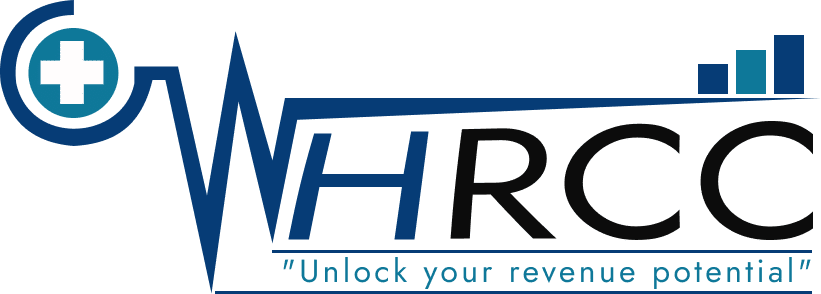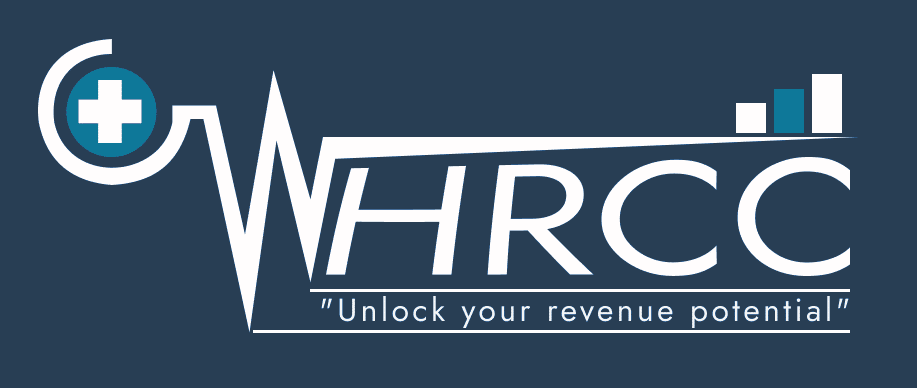In the current era of medical practice, all healthcare institutions ensure patient safety and deliver an acceptable standard of care. While employing excellent medical staff is vital for success, the healthcare institution must have medical bylaws that define the required minimum credentialing and privileging requirements to validate the competency of healthcare providers.
The world of healthcare is a complex web of regulations, standards, and procedures. Among these, medical credentialing stands as a crucial process for ensuring that healthcare providers are qualified and competent to offer their services. Understanding the financial aspects of credentialing is essential for both healthcare providers and organizations, as it can significantly impact their budgets and operations.
What Is Medical Credentialing Service?
Within the realm of medical management services, medical credentialing plays a crucial role in ensuring that the healthcare providers within the organization are qualified, competent, and compliant with regulatory and quality standards.
In simple terms, credentialing is the process of assessing the academic qualifications and clinical practice history of a healthcare provider.
Credentialing is a component of the broader medical management strategy because it helps maintain a high level of quality and safety in patient care. The process of medical credentialing is complex and involves many steps, including:
- Primary source verification: This step ensures that a physician’s educational and training credentials are not only genuine but also current. It’s like double-checking that the pilot’s flight training certificates are real and still valid.
- Exclusion checks: Think of this as a background check for healthcare providers. It ensures that the physician has a clean record and is not on government or industry exclusion lists due to past malpractice or misconduct. It’s like making sure your pilot hasn’t been involved in any previous flight accidents.
- Payer enrollments : Payer enrollment is necessary to ensure a physician is approved to provide services to patients covered by various health plans. This step ensures that the physician is officially authorized to provide care and bill for services.
- Privileging: Privileging grant permission to physicians, so they can perform specific medical procedures or services. It ensures they have the necessary skills and expertise.
- Re-credentialing : The world of healthcare is always evolving, and so are the standards . Re-credentialing is the periodic renewal of credentials to ensure ongoing compliance with regulatory and quality standards.
By completing these steps, hospitals and healthcare institutions can have confidence that they’re working with qualified and competent physicians who meet the highest standards of patient care. It’s all about building trust, ensuring safety, and delivering quality care in the complex world of healthcare.
Factors Affecting Credentialing Costs
The cost of medical credentialing can vary based on several key factors, especially when considering healthcare credentialing services in Dallas. Understanding these factors is essential for healthcare providers and institutions to effectively budget for this critical process.
1. Provider Type: Who You Are Matters
The type of healthcare provider seeking credentials is a significant factor affecting costs. For instance, a physician pursuing credentials may face different requirements and costs compared to a nurse practitioner or physician assistant in Dallas. Additionally, providers offering specialized services, such as Medicare credentialing services , might need additional licenses or certifications, which can impact the overall cost.
2. Geographic Location: Where You Practice Counts
The state where you practice as a healthcare provider can significantly influence credentialing costs. Different states may have varying application fees and requirements. Some states may impose higher fees or request additional documentation, making the process more costly and time-consuming. These state-specific requirements may also differ depending on your specialty and the services you provide.
3. Insurance Companies: Not All Are the Same
Diverse insurance companies have unique costs associated with the credentialing process, even if you are focusing on medical provider credentialing services in Dallas. Application fees, for example, can range widely, from a few hundred to several thousand dollars. Some insurers may require additional services like background checks, license verifications, or malpractice insurance, contributing to the overall cost. Furthermore, varying documentation requirements can affect both the time and effort needed, indirectly influencing costs.
4. Services Required: Tailoring Your Credentialing
The specific services required for credentialing can directly impact costs. Certain insurance companies may demand services like fingerprinting or drug testing, adding to the overall expense. Healthcare providers should carefully review the distinctive requirements of each insurance company or credentialing agency they intend to work with to ensure they are well-prepared for the associated costs.
5. Administrative Expenses: Managing the Paperwork
Administrative expenses are a crucial part of the credentialing process, particularly when focusing on medical management services in Dallas. These expenses encompass various aspects, including background checks, license verifications, and document processing. The cost of background checks can vary depending on the agency conducting them and their depth. Similarly, the expense for license verifications may differ based on your state and the specific licensing agency involved. Administrative expenses may also cover fees related to continuing education requirements and obtaining necessary insurance coverage.
In summary, the cost of credentialing in the healthcare field depends on various factors. Healthcare providers and institutions must consider these factors when planning their budgets for the credentialing process to avoid financial surprises and ensure compliance with industry standards.
Benefits of Understanding the Credentialing Process
Beyond the essential task of verifying a provider’s qualifications, grasping the intricacies of medical credentialing service offers a host of advantages that healthcare providers and institutions shouldn’t overlook. Let’s explore the benefits of mastering this crucial process:
1. Cost-Effectiveness: Saving Resources
Understanding Medicare credentialing can save a lot of money. It’s like avoiding costly detours on a road trip. When healthcare providers and institutions get the credentialing process right the first time, they prevent errors and delays that could lead to expensive mistakes. These mistakes might include rejected claims, payment delays, or the need for costly fixes. By understanding the process, you can keep your resources intact and avoid financial setbacks.
2. Compliance and Regulatory Adherence: Staying Out of Trouble
Compliance with healthcare regulations is a must. Think of it as following the rules of the road to avoid accidents. Knowing credentialing inside out ensures that healthcare providers meet all the necessary requirements, from licenses to certifications. This knowledge acts as a safety net, helping healthcare organizations stay away from legal penalties and damage to their reputation.
3. Efficient Provider Management: Smoother Operations
Medical provider credentialing isn’t a one-and-done deal; it’s an ongoing journey. Understanding how it works streamlines the management of healthcare providers. Whether you’re bringing in new providers or re-credentialing existing ones, knowing the ropes makes these tasks efficient. Providers can start caring for patients sooner, and institutions can keep their records up-to-date with ease.
4. Improved Patient Care: Your Health Matters
Patient care is the heart of healthcare, and understanding medical credentialing contributes to better care. When providers have the right credentials, it’s like knowing your pilot is well-trained to fly the plane. You can trust they have the qualifications and skills needed for high-quality care. This trust in credentials directly impacts patient safety and the overall quality of healthcare services.
5. Enhanced Provider-Payer Relationships: Working Together
Knowing the credentialing process well builds stronger bonds with insurance payers. Payers rely on accurate and current credentialing information to process claims smoothly. When you consistently provide error-free credentialing data, it’s like speaking the same language as payers. This leads to prompt payments and fewer disputes, benefiting both providers and institutions.
Conclusion: Navigating Medical Credentialing
In the world of healthcare, trust and competence are paramount. Medical credentialing service ensures both. Understanding the Factors Affecting Credentialing Costs is essential for effective budgeting. But it doesn’t end there.
In a nutshell, understanding credentialing is like having a roadmap for a smoother healthcare journey. It saves money, keeps you on the right side of the law, streamlines operations, improves patient care, and fosters better relationships with payers. It’s about working together to ensure quality care and financial stability in the healthcare world. Whether you’re a provider or an institution, embrace it for a brighter healthcare future.







